
Brief analysis of the gender impact in the crisis in Ukraine: Republic of Moldova
Based on the preliminary data collected (a series of studies by UN Women) and the meetings that UN Women held with women-led organizations in Moldova, the current crisis creates and accentuates gender-differentiated risks and vulnerabilities and increases the needs humanitarian among women, girls, men and boys.
Access to food remains a priority, especially for refugees living in private housing. Women emphasize the need for food security support that meets the nutritional needs of different family members, including pregnant and lactating women, women and girls with disabilities, the elderly, and children. Access to primary, secondary and tertiary health services remains a challenge, especially for refugee women with chronic illnesses (diabetes, epilepsy, etc.) as well as women cancer patients/survivors.
Access to mental health and psychosocial support (MHSSP) remains limited for refugee and displaced women and children. Displaced and refugee women also reported the need for non-food items (NFA) and hygiene kits that are adapted according to gender and age, taking into account the needs of each, including adolescent girls.
The vast majority of refugees are women and children, due to bans on men from seeking refuge by the Ukrainian authorities, which increases the risk of gender-related protection issues. Domestic violence is widespread in the region and in Moldova. It is well known that war and displacement are the main causes of increased incidence of gender-based violence (GBV), especially family violence and conflict-related sexual violence. Human trafficking risks remain high.
In general, service providers and frontline responders, such as the teams of the Refugee Accommodation Centers (RAC), need to be trained in quality and gender-sensitive multisectoral services. To provide these services, training courses on gender concepts, GBV screening, GBV case management and referral pathways, child protection, structured psychosocial support and others must be delivered. Trainings on GBV and Protection against Sexual Exploitation, Abuse and Harassment (PSEAH) are already organized, while trainings on gender-responsive capacity building in humanitarian action are to be developed by the Gender Equality Action Group. The sub-working group on GBV is also to establish protocols and standard working procedures in the field of GBV.
Brief analysis of the gender impact in the crisis in Ukraine: Republic of Moldova. UNWomen, 2022.
MOST READ
RELATED
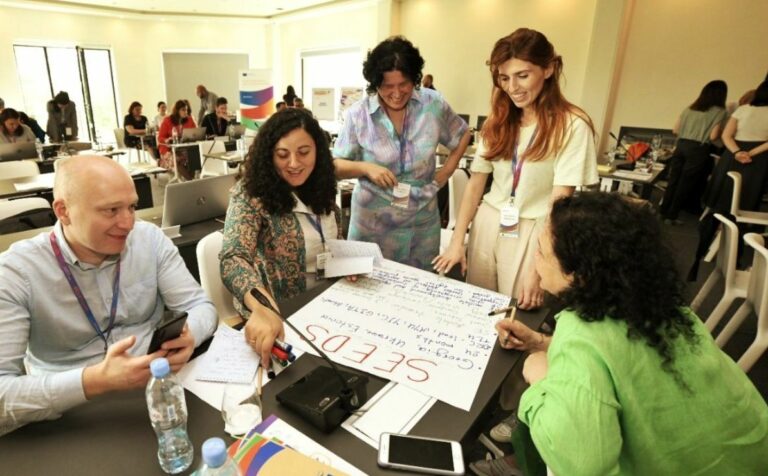
EU4Youth Newsletter: Welcome to the EU4Youth Stakeholder Hub!
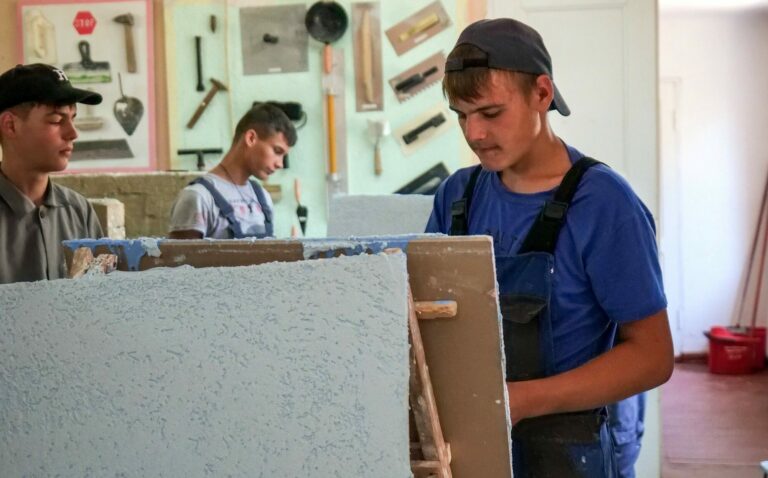
EU4Youth develops Youth Wiki reports on Youth Employment and Employability
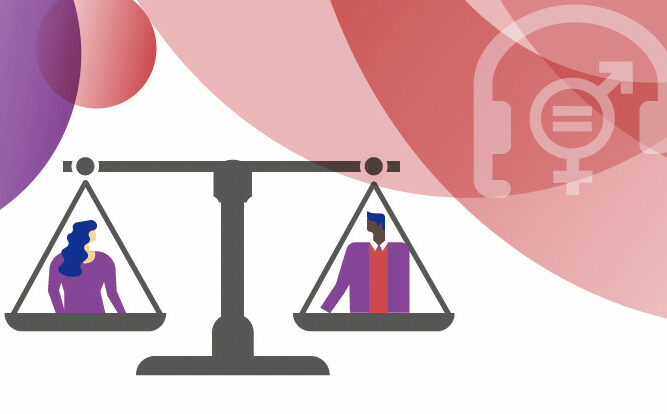
EU4Gender Equality Reform Helpdesk’s support (2021-2024) for Moldova
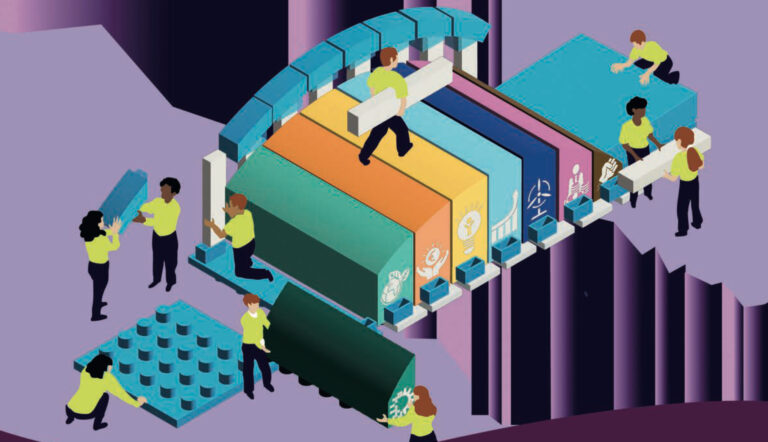
SME Policy Index: Eastern Partner Countries 2024 – Building Resilience in Challenging Times
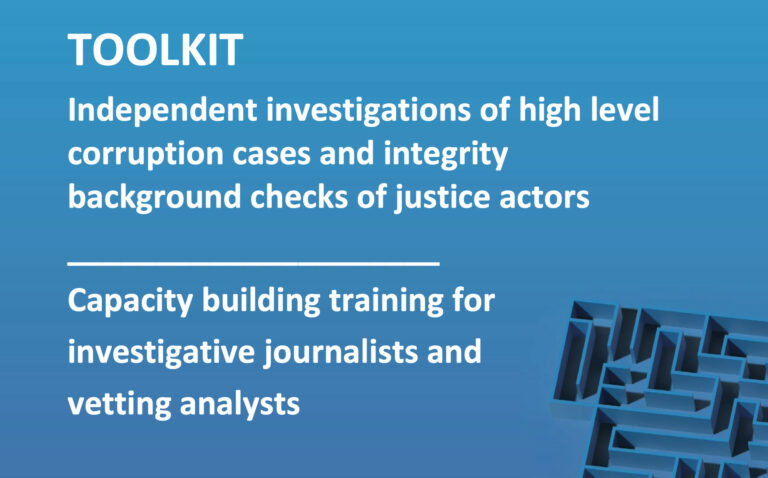
TOOLKIT. Independent investigations of high level corruption cases and integrity background checks of justice actors
More campaign pages:
Interested in the latest news and opportunities?
This website is managed by the EU-funded Regional Communication Programme for the Eastern Neighbourhood ('EU NEIGHBOURS east’), which complements and supports the communication of the Delegations of the European Union in the Eastern partner countries, and works under the guidance of the European Commission’s Directorate-General for Neighbourhood Policy and Enlargement Negotiations, and the European External Action Service. EU NEIGHBOURS east is implemented by a GOPA PACE-led consortium. It is part of the larger Neighbourhood Communication Programme (2020-2024) for the EU's Eastern and Southern Neighbourhood, which also includes 'EU NEIGHBOURS south’ project that runs the EU Neighbours portal.

The information on this site is subject to a Disclaimer and Protection of personal data. © European Union,







